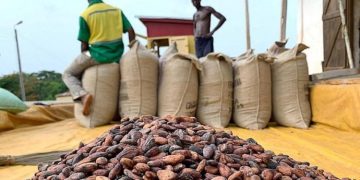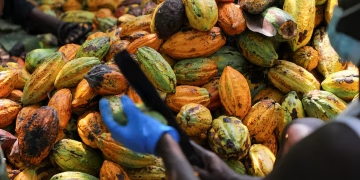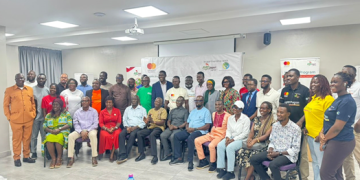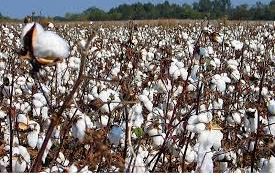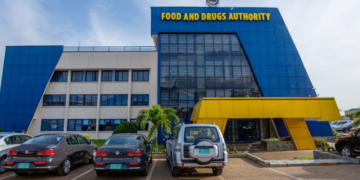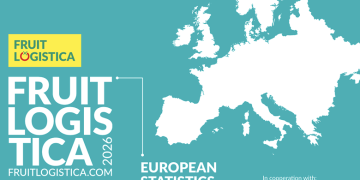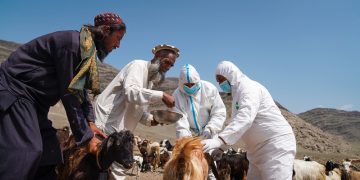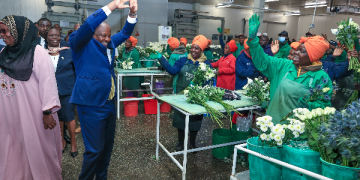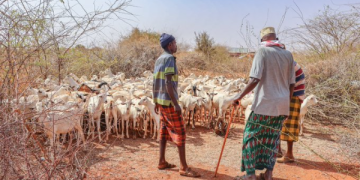The partners of the Eat Ghana Rice Campaign have issued an urgent appeal to Ghanaians, institutions and corporate bodies to prioritise the consumption of locally produced rice to help address the current market glut and protect the livelihoods of thousands of farmers across the country.
According to recent media reports, about 1.3 million metric tonnes of paddy rice are currently lying unsold in warehouses nationwide due to a lack of buyers — a situation that threatens to cause severe economic hardship for rice farmers who have recorded bumper harvests this season.
While commending ongoing government interventions through the National Food Buffer Stock Company (NAFCO) to purchase part of the surplus, the campaign partners warned that such efforts alone are insufficient to resolve the crisis. They are, therefore, calling on consumers to play an active role by switching to Ghana Rice as a sustainable, long-term solution.
“Since 2019, we have consistently advocated that the surest way to sustain our farmers and reduce dependence on imports is through a national shift in consumption habits,” the partners said in a joint statement. “The simple act of choosing Ghana Rice over imported brands can significantly reduce the glut and strengthen the country’s agricultural economy.”
The partners also dismissed lingering perceptions that Ghana Rice is of inferior quality or contains stones and impurities. They explained that the local rice value chain has undergone major transformation, with millers investing in advanced dehusking, grading, polishing and colour-sorting technologies.
“Today, our leading brands meet the standards of the Food and Drugs Authority (FDA) and the Ghana Standards Authority (GSA). They are clean, consistent in size and produce the non-sticky, fluffy texture Ghanaians love for jollof, waakye and plain rice,” the statement added.
Beyond quality, locally produced rice is said to offer superior freshness, nutrition and value for money. Unlike imported rice that spends months in transit, Ghana Rice reaches consumers shortly after harvest, preserving its natural aroma and flavour.
Data from the Ghana Statistical Services’ 2024 Trade Report reveals that rice accounted for 7.8 percent of Ghana’s total food imports last year, costing the nation an estimated GH¢3billion. The partners described this trend as unsustainable, stressing that every bag of imported rice purchased represents a missed opportunity to invest in local jobs and rural development.
They emphasised that consuming Ghana Rice is both an economic and patriotic act that strengthens the local economy, supports women and youth employment, and contributes to currency stability by reducing import expenditure.
The statement concluded with an appeal for all households, restaurants, hotels and food service businesses to “walk into markets and supermarkets and choose Ghana Rice — for the good of our farmers, our economy and our dear Mother Ghana.”
The Eat Ghana Rice Campaign partners include: the John A. Kufuor Foundation, Competitive African Rice Platform (CARP) of the ECOWAS Rice Observatory (ERO), Ghana Rice Interprofessional Body (GRIB), Peasant Farmers Association of Ghana (PFAG), Hopeline Institute, Farm Wallet and AGRA.














